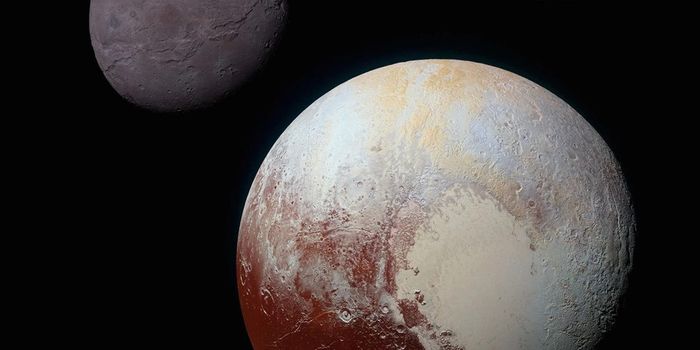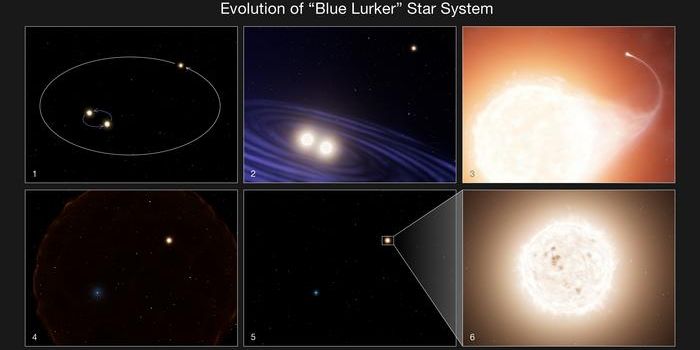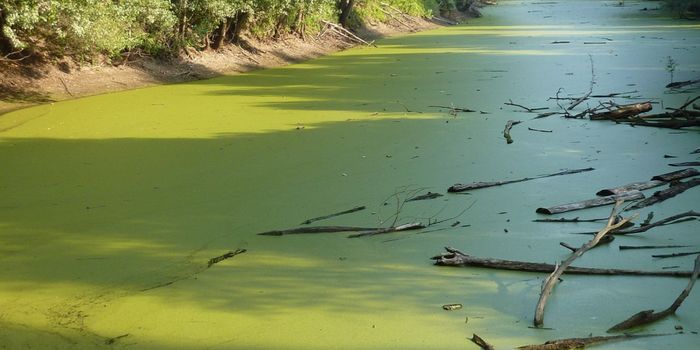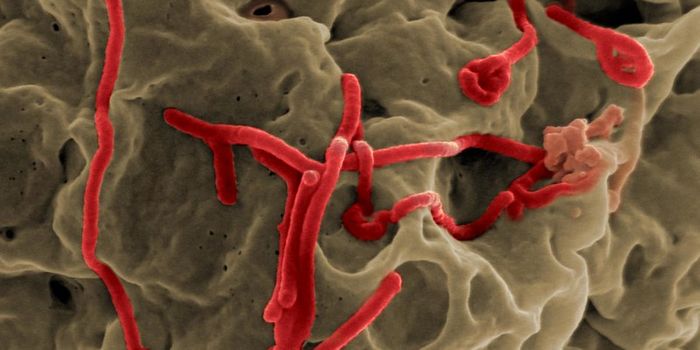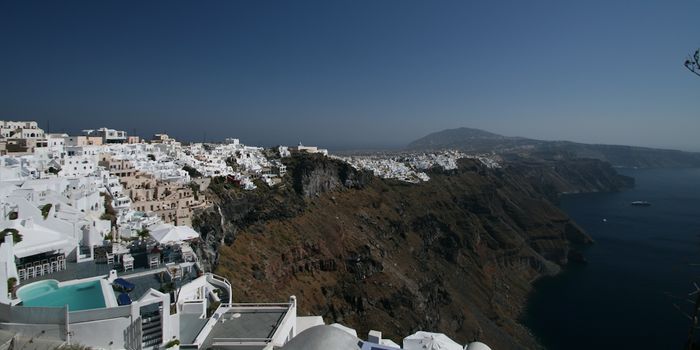How would nuclear war affect fisheries?
New research published in the journal Communications Earth & Environment contemplates a post-apocalyptic world, considering how fish populations would likely respond to a nuclear war. The study, led by scientists from Rutgers, suggests that relying on the oceans for food if land-based farming fails after a nuclear war is not a good bet to make, given that fish catch would likely be significantly decreased in the equatorial Pacific.
"In our computer simulations, we see a 40 percent reduction in phytoplankton (algae) biomass in the equatorial Pacific, which would likely have downstream effects on larger marine organisms that people eat," said lead author Joshua Coupe, a post-doctoral research associate in the Department of Environmental Sciences in the School of Environmental and Biological Sciences at Rutgers University-New Brunswick.
"Previous research has shown that global cooling following a nuclear war could lead to crop failure on land, and our study shows we probably can't rely on seafood to help feed people, at least in that area of the world," adds Coupe.
Of the simulations that the scientists ran, five focused on scenarios of small wars between India and Pakistan and one simulated a large conflict between the US and Russia. The researchers were particularly interested in how the aftermath of a nuclear conflict, by way of tons of black soon that block sunlight from entering the atmosphere, would affect climate in the equatorial Pacific Ocean.
Their simulations showed that a nuclear conflict would result in a climate event similar to that seen during an El Niño event from the El Niño-Southern Oscillation (ENSO). ENSO is the largest naturally occurring phenomenon that affects Pacific Ocean circulation and climate worldwide. Every few years ENSO oscillates between warm El Niño and cold La Niña events. In the simulations, the researchers predict the occurrence of an El Niño that would last up to seven years.
In this scenario, say the scientists, a nuclear-induced Niño event would stop the upwelling of deeper, colder, nutrient-rich waters along the equator in the Pacific Ocean. This would severely limit the food available for the foundation of the marine food web (phytoplankton), which would in turn have rippling effects on entire marine ecosystems.
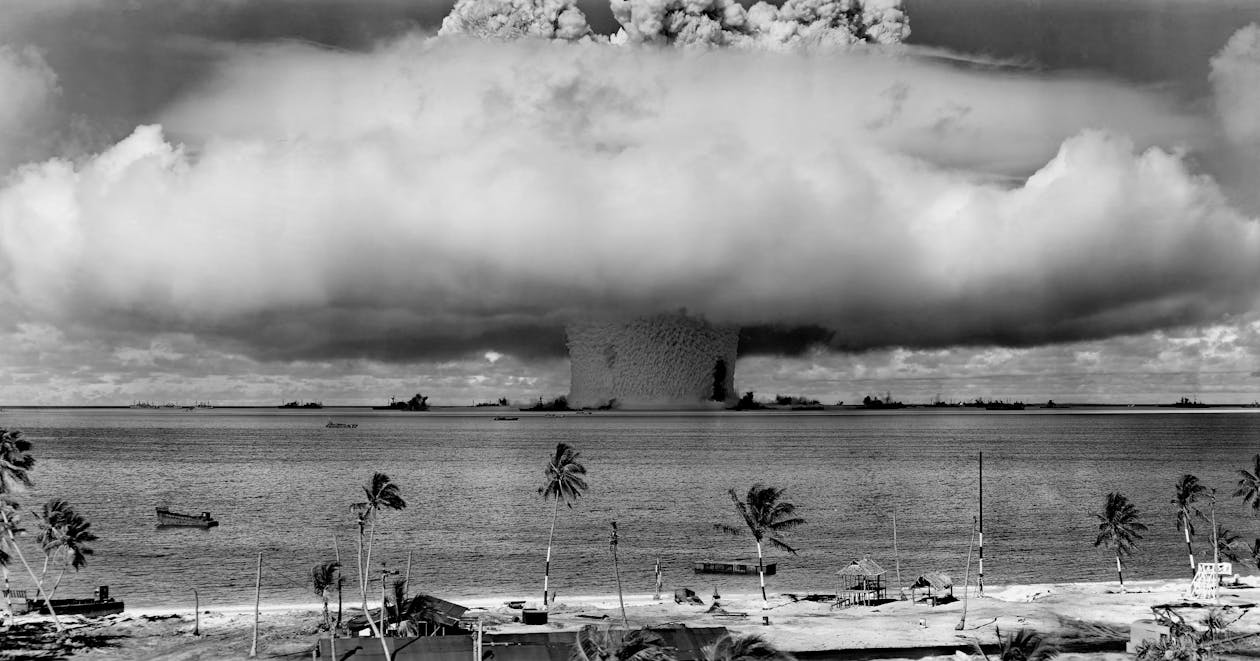
The authors warn that it is imperative to avoid nuclear conflict if we intend to prevent dramatic food insecurity. "Turning to the sea for food after a nuclear war that dramatically reduces crop production on land seems like it would be a good idea," warns co-author Alan Robock, a Distinguished Professor in the Department of Environmental Sciences at Rutgers-New Brunswick. "But that would not be a reliable source of the protein we need, and we must prevent nuclear conflict if we want to safeguard our food and Earth's environment."

